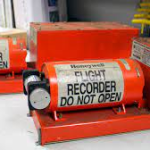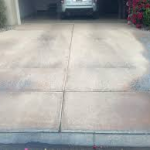For good bonding between metals, proper surface preparation is essential. Similar preparation is needed regardless of whether you intend to glue, weld or solder.

Be aware that some adhesives are only good with certain metals. For example, aluminium is quite finicky. In addition, some metals react electrolytically with others and are not ideal bonding partners. You may need a specialised adhesive, but any good metal bonding adhesive will carry instructions about the metals with which it works best.
For some metals and adhesives, a combination of the following methods will be required and sometimes must be repeated more than once. Read the instructions carefully.
Degreasing
Washing-up liquid is not up to this job. Surfaces should be wiped down with a volatile solvent such as trichloroethylene, toluene, or acetone. If you aren’t familiar with these products, make sure you read and follow all safety precautions. Never use solvents in an enclosed unventilated space where you could be overcome by fumes or near a naked flame. Some safety warnings may be found at gov.uk.
Wipe the item dry with a clean cloth before proceeding, and don’t undo your good work by touching it with dirty hands.
Abrasion
Even on apparently clean metals, there are layers of oxide and other invisible salts that will inhibit a good bond. The only exception to this is gold. After you grind them off, they begin to reform immediately (especially on aluminium), so the bonding must take place quickly after the abrasion.

Sandpaper, emery cloth, wire brushing or wire wool are all adequate for most small jobs if they are clean. In cases where there is heavier corrosion, you will need to consider sand-blasting or needle guns, although these resources are not usually available to the home DIYer.
To be doubly confident your surfaces are perfect, be sure to degrease before and after abrasion.
Chemical treatments
Only critical jobs or unusual metals will require these treatments. Use only the formula that is appropriate for your particular metals and recommended for the adhesive. A professional adhesive supplier such as http://www.ct1ltd.com/ is a good place to ask.
The formulations are based on dangerous acids and alkalis, so you must know what you are doing. Copper and nickel use mostly nitric acid, whilst zinc requires hydrochloric acid and other metals may need even more exotic formulations.




















+ There are no comments
Add yours